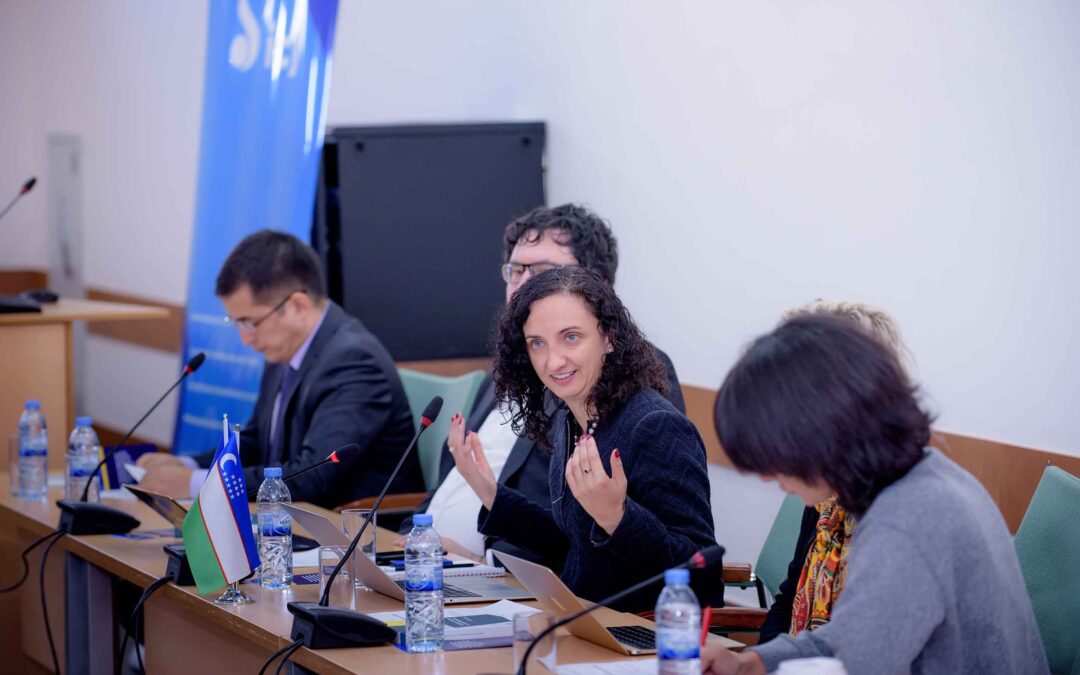
Dec 14, 2018 | News
From 10 to 14 December, the ICJ conducted a research mission to Uzbekistan to identify some of the main obstacles impeding access to justice for economic, social and cultural (ESC) rights.
ICJ experts met with key stakeholders, including relevant State bodies, CSOs, independent experts and other actors to discuss legal and practical aspects of access to justice for ESC rights.
Adopting a legal aid system for cases related to ESC rights, public accessibility of court judgements including on ESC rights and its effect on enjoyment of ESC rights, relevant reforms which concern vulnerable groups were discussed among other things with the stakeholders.
The findings will be part of the report on access to justice for ESC rights in Uzbekistan.
The mission included Jarna Petma, ICJ Commissioner as well as a number of staff members of the ICJ Europe and Central Asia Programme.
The ICJ appreciates the facilitation of the Government of Uzbekistan and of the European Union Delegation, for essential support in organization of the mission.
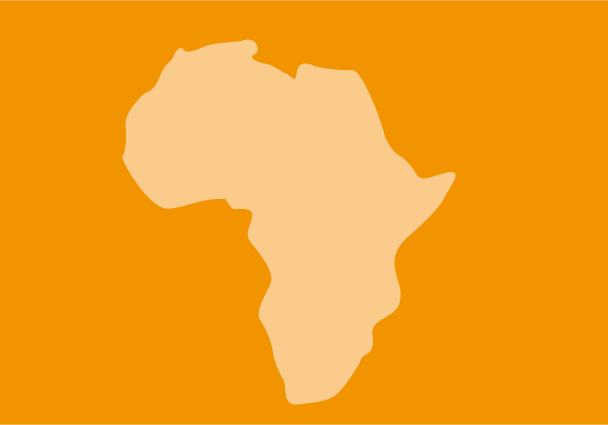
Dec 6, 2018 | News
JOHANNESBURG – The ICJ condemns the ongoing violence committed against and intimidation of community members of the Marievale Community Association. Last night a petrol bomb was thrown onto the roof of Chris Koitsioe’s home at approximately 1am while his wife was asleep and alone.
Chris is a community leader and a former SANDF staff sergeant who has consistently opposed the community’s eviction and mistreatment by the SANDF.
The ICJ calls on President Ramaphosa, as Commander in Chief of the SANDF, the Minister of Defence Nosiviwe Mapisa-Nqakula and Lieutenant General Lindile Yam to condemn these outrageous and persistent attacks on members of the community. Furthermore, we call on the SANDF and Minister of Defence and other public officials to comply with and implement all court orders relating to the Marievale community and ensure the safe, expeditious and unimpeded return of community members to their homes. The ICJ further calls for the authorities to openly and transparently investigate this assault on Mr Koitsioe’s home and bring the perpetrators to justice.
The Community was unlawfully evicted from their homes on an abandoned army base near Nigel, Johannesburg South, in late November 2017. They have won repeated court orders from the South and North Gauteng High Courts, ordering the SANDF to return them to their homes and condemning their ill treatment by SANDF members during and after their eviction.
Most recently, with the assistance of Lawyers for Human Rights, the community approached the North Gauteng High Court, seeking the arrest of the Minister of Defence and several army generals involved in the evictions for a failure to comply with orders of the High Court requiring them to be returned to their homes. Though last week, this contempt of court order was denied by the North Gauteng High Court, the court reiterated that the community is to be returned to their homes by Friday 7 December 2018.
Attorney at LHR, Ms. Louise Du Plessis expressed that the “LHR is deeply concerned about the ongoing unlawful conduct taking place at Marievale, especially because of the suspected involvement of the SANDF”. She added: “although, at this stage it is merely an allegation that the SANDF is responsible for the attack on Chris’ family, there is good reason to believe that [Chris] is being targeted for leadership role in the fight to see justice done for the Marievale community, after the appalling and callous eviction at the hands of the SANDF”.
This serious attack on Mr Koitsioe’s home occurred directly in this context.
Mr Koitsioe says “members of the community resisting their eviction in court, feel that the army has encouraged and sown divisions in our midst deliberately”. He adds, “whether this attack was perpetrated with or without the influence and knowledge of the army, it is critical that the SANDF roundly condemn such attacks to prevent further violence against innocent community members seeking only to protect our constitutional rights and internationally recognized human rights”. He concludes “my family and I are traumatised, I have reason to believe that this attack was deliberately perpetrated when it was known that I would be out of town speaking to a group of 25 magistrates in Limpopo about the importance of understanding and protecting communities’ housing rights”.
“While the army should be a source of security for everyone in South Africa, the Marievale community have faced persistent and repetitive violations of their economic, social and cultural rights at the hands of the SANDF. Such conduct is a significant and serious threat to the rule of law” lamented Arnold Tsunga, ICJ Africa Director. “The ICJ is concerned at the pattern of similar attacks against other communities claiming their rights in court such as AbahlaliBaseMjondolo in KwaZulu-Natal and the Amadiba Crisis Committee in Xolobeni who have faced similar harassment, assault and even assassination for claiming their rights” added Tsunga.
Public authorities in South Africa has an obligation under international human rights law and standards to ensure that the bombing of Chris Koitsioe’s home and other such acts of violence and intimidation are promptly, independently and impartially investigated. Those responsible for such attacks must be brought to justice and victims of any human rights violations involved must receive effective redress and remedy.
In October 2018, the UN Committee on Economic, Social and Cultural Rights noted that it was “concerned at reports of human rights defenders, particularly those working to promote and defend the rights under the Covenant in the mining and environmental sectors, being threatened and harassed”. Koitsioe advises that the community has long suspected that part of the motivation for its eviction is the recent initiation of coal mining activities near their homes.
Further comment:
Chris Koitsioe| Marievale Community Association| C: +27738370265
Louise Du Plessis |Attorney | Lawyers for Human Rights C: +27823460744 E: louise(a)communitylaw.co.za
Timothy Fish Hodgson|Legal Adviser on Economic, Social and Cultural Rights| International Commission of Jurists| C: +27828719905 E; timothy.hodgson(a)icj.org
Further Resources:
The judgment handed down on 30 November 2018 is available here.
The judgment handed down in May 2018 is available here.
The judgment handed down in March 2018 is available here.
The judgment handed down in February 2018 is available here.
The South African Constitution is available here.
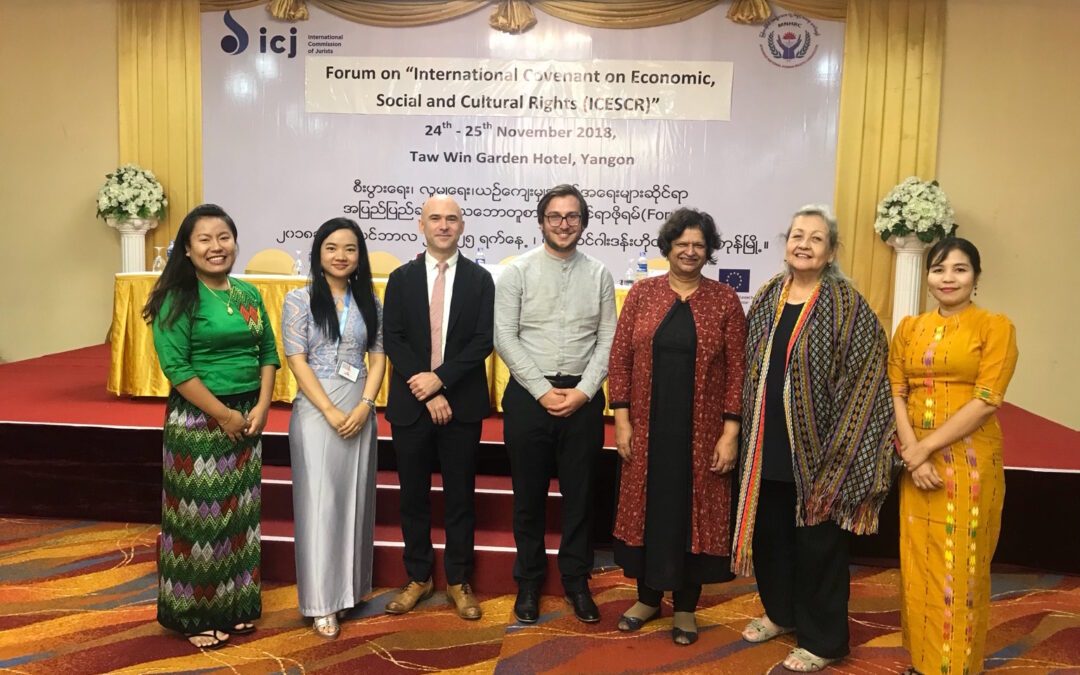
Nov 26, 2018 | News
The ICJ convened a Forum of international legal experts and Myanmar civil society actors in Yangon from the 24 to 25 November 2018 on Myanmar’s obligations under the International Covenant on Economic, Social and Cultural Rights (ICESCR).
Representing each of Myanmar’s 14 States and Regions, more than 130 civil society members attended the event, which was co-hosted with the Myanmar National Human Rights Commission in collaboration with Dan Church Aid, Norwegian Church Aid, Equality Myanmar and the Local Resource Center.
The ICJ’s Asia Pacific Regional Director, Frederick Rawski, introduced the Forum objectives which were to raise awareness of the rights, obligations and reporting processes associated with Myanmar’s ratification of the ICESCR on 6 October 2017.
As a State Party to the ICESCR, Myanmar is obliged to respect, protect and fulfill a variety of human rights including the rights to: decent work, an adequate standard of living, adequate housing, food, water and sanitation, social security, health, and education.
The Chairperson of the UN Committee on Economic, Social and Cultural Rights, Virginia Brás Gomes, discussed the vital role civil society plays in documenting and providing information about human rights challenges, and advocating for law to be enforced and interpreted in compliance with the State’s international law obligations.
Virginia B. Dandan of the Philippines, a former Chairperson of the Committee, described the rights protected under ICESCR and highlighted the universality of human rights and the indivisibility of economic, social and cultural rights from other human rights including protection from discrimination.
Visiting Myanmar from the ICJ’s Southern Africa Office, legal adviser Timothy Fish Hodgson, ICJ Legal Adviser in the ICJ Africa Programme, discussed from a comparative perspective the justiciability of ESC rights in South Africa, and the roles lawyers and other civil society actors have played in progressing rights protections.
Legal advisers from the ICJ’s Myanmar Team moderated a series of panel discussions where civil society representatives discussed challenges and opportunities related to the realization of ESC rights in Myanmar.
Separate to this initiative, the visiting international experts also travelled to Nay Pyi Taw to engage with government. Myanmar’s first State report to the ESCR Committee is due in late 2019, also opening opportunities for civil society engagement.
This event was part of the ICJ’s ongoing effort to convene civil society actors to discuss the promotion and protection of human rights through legal mechanisms.
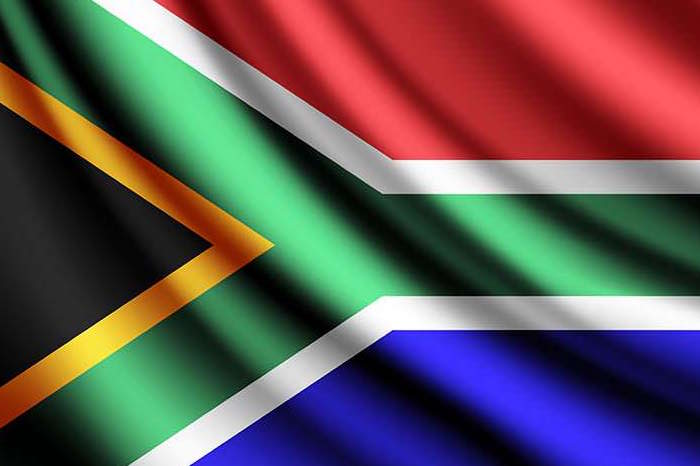
Nov 22, 2018 | News
The ICJ welcomes the landmark decision by the North Gauteng High Court in the Duduzile Baleni and 128 Others v Minister of Mineral Resources in which the Court affirmed the principle of free, prior and informed consent in relation to mining activities.
On Thursday the 22nd of November 2018, the Court declared that the Minister of Mineral Resources cannot grant a license to any mining company without first obtaining the full and informed consent of the affected community.
It concluded: “The applicants in this matter [have] the right to decide what happens with their land. As such they may not be deprived by their land without their consent. Where the land is held on a communal basis – as in this matter – the community must be placed in a position to consider the proposed deprivation and be allowed to take a communal decision in terms of their custom and community on whether they consent or not to a proposal to dispose of their rights to their land.”
“This decision is a positive step towards protecting the rights of vulnerable communities from the excesses of States in the benefit of corporations. Informed consent from affected communities is vital for economic activities to bring development that enriches the lives of the communities where the companies operate,” said Arnold Tsunga, ICJ Africa Regional Programme Director.
“The ICJ will continue to support the community through its cooperation with Ms. Nonhle Mbuthuma of the Amadiba Crisis Committee. We regard the community as Human Rights Defenders who are fighting to protect their internationally recognized economic, social and cultural rights,” he added.
The ICJ calls on the South African government to respect the judgment which conforms with the requirements of South African legislation, the South African Constitution, judgments of the Constitutional Court of South Africa and international human rights law.
Contact
Arnold Tsunga, Director of the ICJ Africa Regional Programme, m: +263 77 728 3248, e: arnold.tsunga(a)icj.org
South Africa-Xolobeni decision-News-web story-2018-ENG (full stroy with additional information, in PDF)
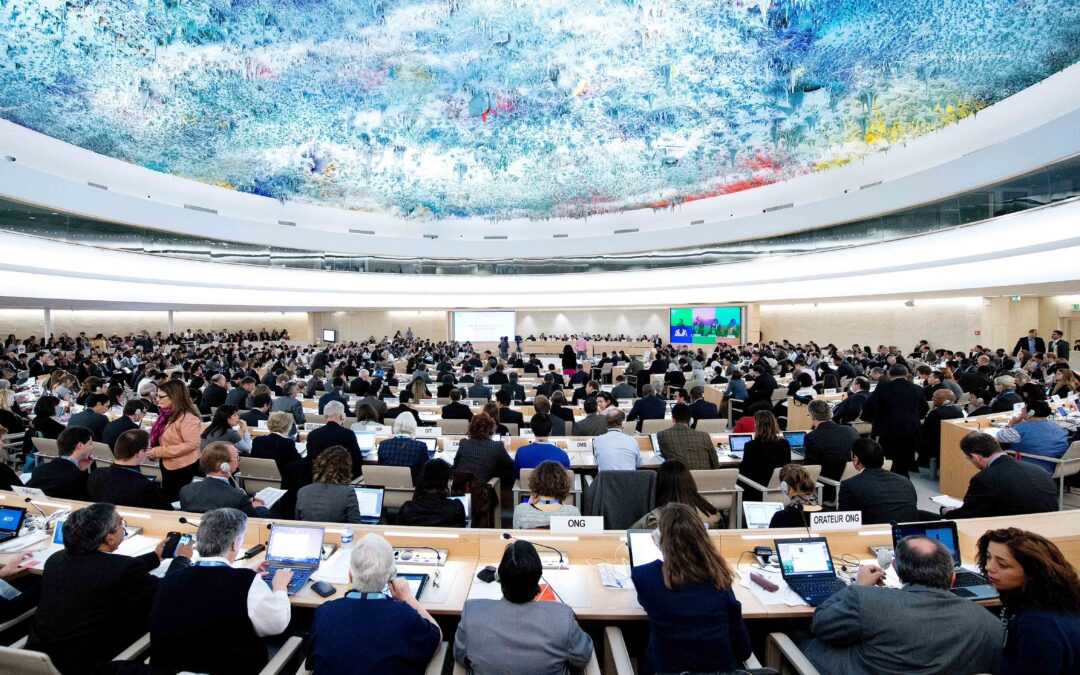
Oct 19, 2018 | Advocacy, Non-legal submissions
The International Commission of Jurists participated in the fourth session of the open-ended intergovernmental working group on transnational corporations and other business enterprises with respect to human rights that took place at the Palais de Nations from 15-18 October 2018. Below are the interventions the ICJ made at this session.
UN-ICJ statement IGWG4 general debate-Advocacy-ENG-2018
UN-ICJ statement IGWG4 prevention-Advocacy-ENG-2018
UN-ICJ statement IGWG4 legal liability-Advocacy-ENG-2018









